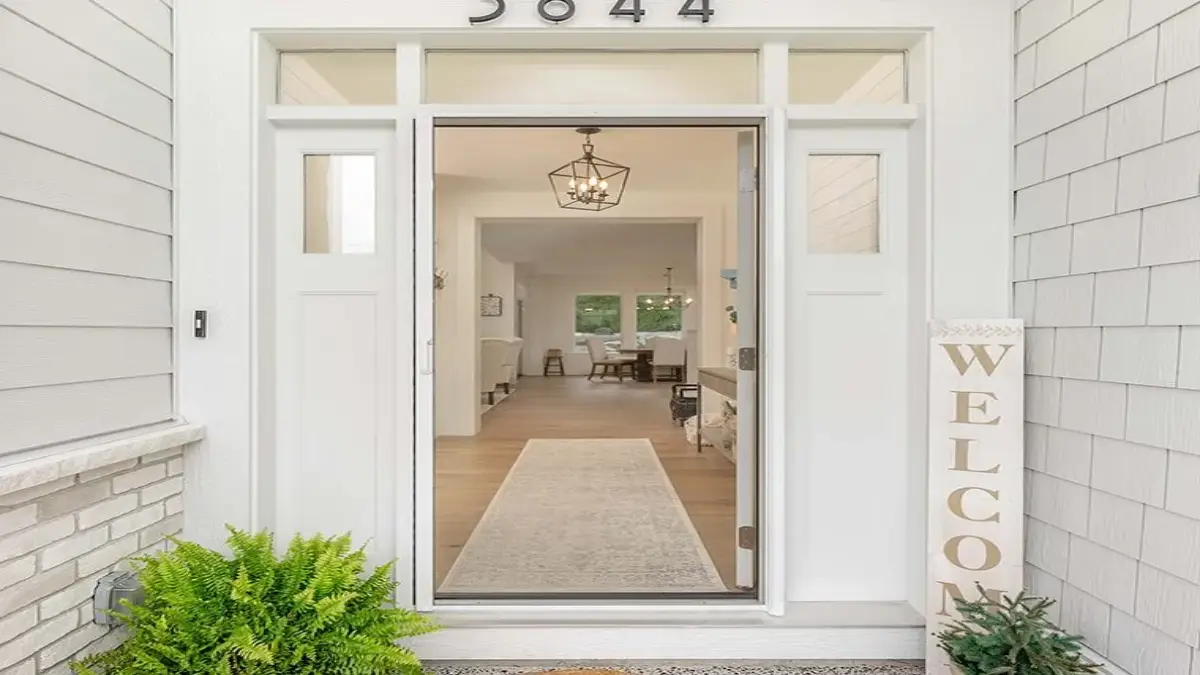Last Updated on May 18, 2014 by Bharat Saini
Investing in real estate comes with its own set of challenges. But when your investment is not just an investment, but also the place you’re planning to call home, the challenges double. Buying a house in a fabulous locality and struggling for the next few decades to pay off your loans doesn’t make financial sense. But making a great investment in a place where you’ll be miserable living, is not wise either. Getting the best of both worlds is not impossible- all it needs is a little bit of research.
The Personal Factor
Unlike any other property investment, you will need to take your own preferences and requirements into consideration when you are choosing the place to live your life. If you have children or are planning to have kids in the future, it’s better to go for neighbourhoods with good schools and other child-friendly facilities like playgrounds and day care in Bristow, VA. Avoid hard-core industrial areas as the pollution and living conditions may not be ideal for your children’s well-being. If you have a demanding, high-stress job, choose a locale that’s closer to your workplace or is well-connected enough to keep the daily commute short and easy. A longer, complicated commute means less time with family and friends; additionally, a property in a poorly-connected area often translates into a slower appreciation rate. Health and safety are other factors that you should consider before making your choice. Moving to a locality with a high crime rate would not only compromise the safety of your family but will also affect your property prices. So scope out the neighbourhood, review the available crime statistics and talk to your potential neighbours before sealing the deal. Finally, keep in mind the lifestyle and culture you are looking for. If you are retired and are looking for peace and quiet, a buzzing city may not be the best place for you, but it might be a fantastic choice if you are a young, career-oriented person.
The Financial Factors
Financial factors are important to keep in mind, no matter what stage of life you are in. If you are still at a working age, research the job opportunities available in your field. Taking a huge loan to move to your dream city, and then not being able to find a well-paid job there can spell financial disaster. If you’re retired, estimate how much you can afford and stick to your budget. One thing to remember is that your expenditure doesn’t end with buying the house- living costs vary from city to city, and can make a huge difference as well. For instance, the cost of living in London is considerably more than that in Birmingham. Groceries and utility bills are something that you’ll be paying for the rest of your life, so it’s wise to carry out a bit of preliminary research on this. In certain countries, the state or city you live in will determine the taxes you pay, and can affect the affordability of the place in the long run. Before you invest, it is also worth your while to get an idea of the real estate market in that area. Trends in housing prices, an estimate of house resale value and any potential development plans in the locality can give you a hint about what you should expect out of the investment. Though these might seem like minor details, they combine to make the big picture. Paying attention to them in the initial stages can thus ensure a happy life and a smart investment at the same time.
Samuel Edwards is an experienced blogger, he covers a wide variety of categories which all include travel, in the future Sam would like to own his own travel website but for the time being he is sticking to freelance at companies like Alta Vista Property.

